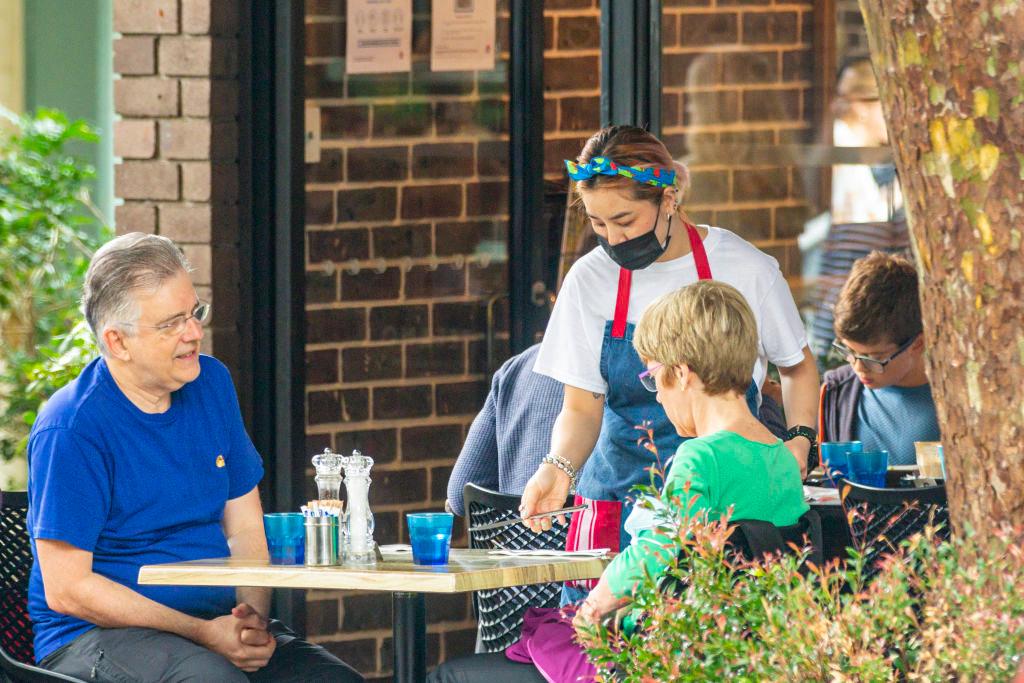Australia’s Fair Work Commission has raised the national minimum wage in an effort to dampen the effects of rising inflation.
More than 2.6 million Australians will be eligible for a pay rise of $40 (US$27) per week from July 1, an increase of 5.2 percent, while those on a modern minimum award wage will see rises of 4.6 percent.




